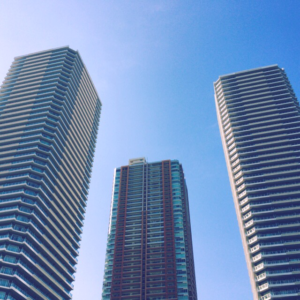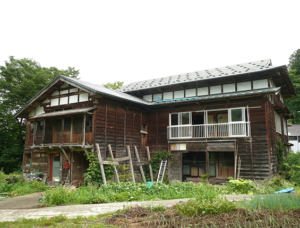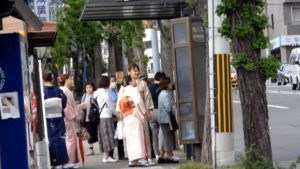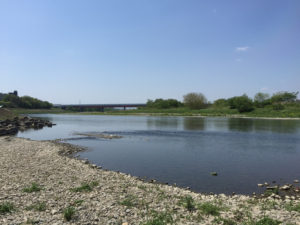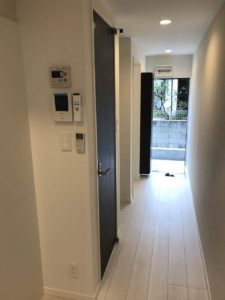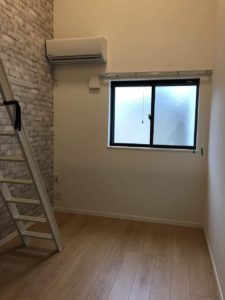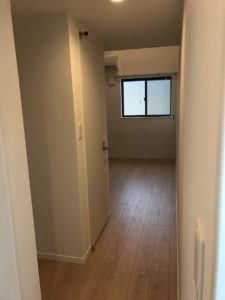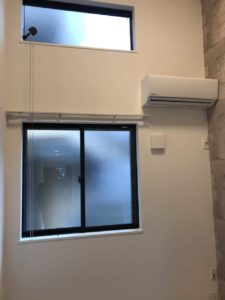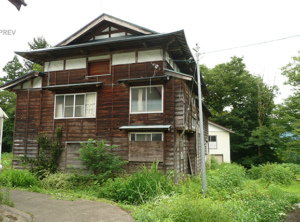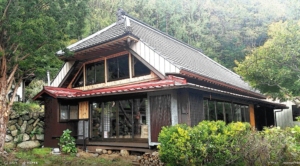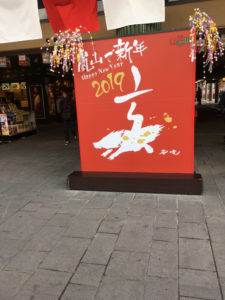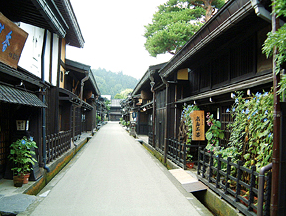High-rise condominiums sometimes meet fierce resistance from residents who believe their neighborhoods are being overwhelmed by soaring glass towers.
In Japan, a number of rich and famous are living in those high rise condominiums.
But are they really good investment ? What are the potential risks ?
The higher that buildings can stretch into the sky, the more money that developers can command for sweeping views.
Those luxury condominiums are called ‘tower mansion’ in Japan.
I know it sounds very confusing.
In Japan mansions aren’t massive houses and estates for the rich and famous.
They are conventional apartments for regular people
(manshon ~ マンション).
Japanese mansions are the equivalent of condominiums.
People buy them to live in or rent out.

